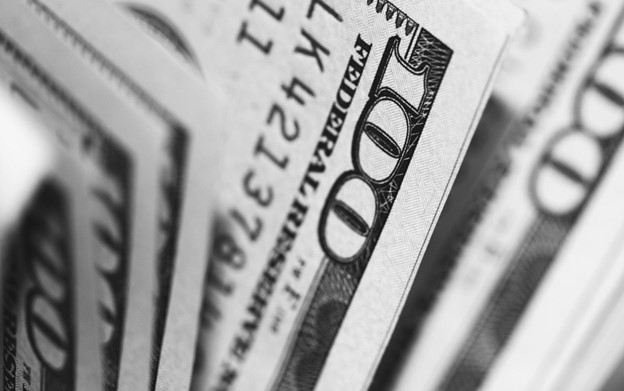We have reached the final month of 2022 and are now looking ahead to 2023 with the big question being, “What will 2023 hold for the US economy?”
This week’s MarketSense newsletter will give a high-level overview of three factors that are likely to color the economic and investment landscape into the New Year.
- 2023 may see another moderate recession in the US.
- The Federal Reserve might complete its tightening cycle at 5% in February 2023.
- High energy prices and labor shortages will pose the greatest threat to economic expansion in the United States.
2023 may see another moderate recession in the US
If employment and wage growth slow in the first months of 2023, Fed hikes will likewise slow down and any recession effects will be minimized lifting the economy.
However, there is a chance that the Fed hikes we have already seen might tank the housing market causing another severe crash and a deeper recession.
High energy prices will pose the greatest threat

The baseline scenario for US inflation predicts that core inflation will stay persistent through 2023, but as inventories increase, inflation will slow down.
It’s possible that energy prices will continue to increase in 2023, resulting in further price increases for products and services. However, if housing inflation declines, and if energy and transportation prices decline along with it, then overall inflation could slow significantly in 2023.
The Federal Reserve might complete its tightening cycle at 5% in February 2023
2023 will be tough for the Fed. Rates are forecast to increase to 4.5% this month and to continue going up until reaching 5% in February 2023.
There is a possibility that the Fed will encounter persistent wage increases and a robust labor market into 2023. The widespread consensus among economists is that the interest rate hikes of 2022 will eventually cause a recession and a return to lower borrowing rates.
Like what you read? Read more of it here.
